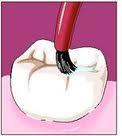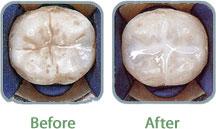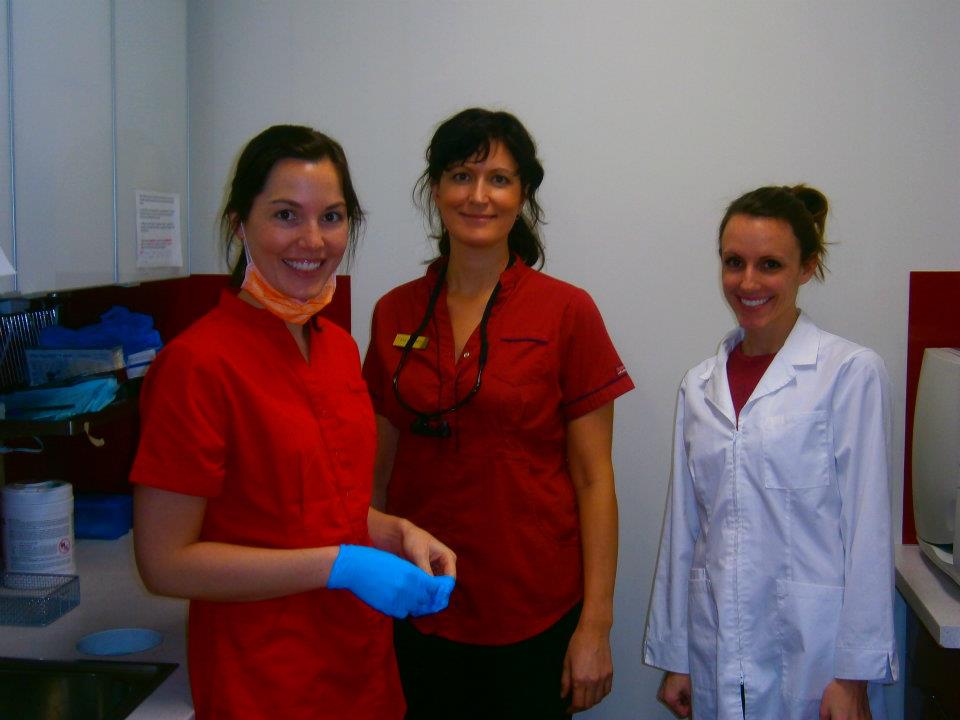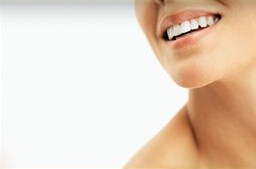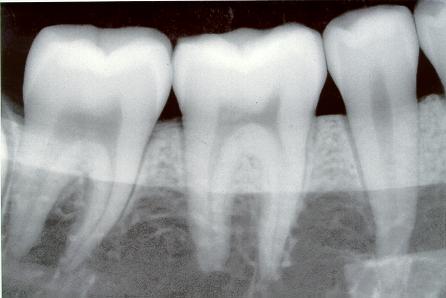Seal Out Tooth Decay before It Happens!
How can you prevent yourself or your children from getting cavities? it’s easy SEAL THEM OUT… with Sealants!
Do you remember why your dental hygienist or dentist put sealants or more commonly known as “white coats”, “clear paint” or “protective paint” on your back teeth when you were younger? Has your dental hygienist or dentist recommended having them placed? If so, you might be asking; what are sealants anyway?
The main and most important reason for getting sealants is to avoid tooth decay. They are thin, plastic coatings painted on the chewing surfaces of the back teeth… because our back teeth are primarily used for chewing; the chewing surfaces are rough and uneven surfaces with pits and grooves. Toothbrush bristles cannot get into the tiny pits and grooves of these teeth so germs and food can get stuck for a long time causing a cavity to form if not prevented.
Sealants are put on in dentists’ offices, dental hygiene clinics, and sometimes in schools. They are painted on as a liquid and quickly harden to form a shield over the tooth. A special light is often used to “cure” the liquid.
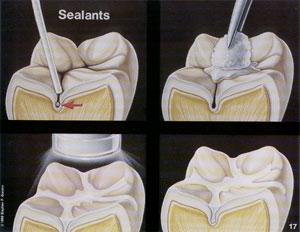
Do you know if you have any sealants now? Are they in good condition? Do you or your children need sealants?
Visiting your dental hygienist and/or dentist can help determine and exam when, and on whom will need sealants. Going in for your regular dental cleanings and check-ups will let us and YOU informed.
Having sealants placed on teeth before they decay will also save time and money in the long run by avoiding fillings,root canal treatment, and crowns (also called caps) used to fix decayed teeth. Sealants are simple and painless and can last many years!!
Some dental insurance plans cover the cost of sealants. Check your dental health care booklet or call your insurance company for details!
What else can you do to protect against decay?
Yep, you guessed it… with proper oral hygiene care of daily tooth brushing and flossing which can help prevent tooth decay. Pit and fissure sealants are most commonly placed on molar teeth. These back teeth are harder to get at, especially with toothbrush they need the extra protection to keep the germs out! That is why sealants cover the chewing surfaces of the back teeth and help making our daily routine of proper oral home care a bit easier.
Call us to ask questions about preventative sealants- we are happy to share information to prevent tooth decay! (403)457-2044


